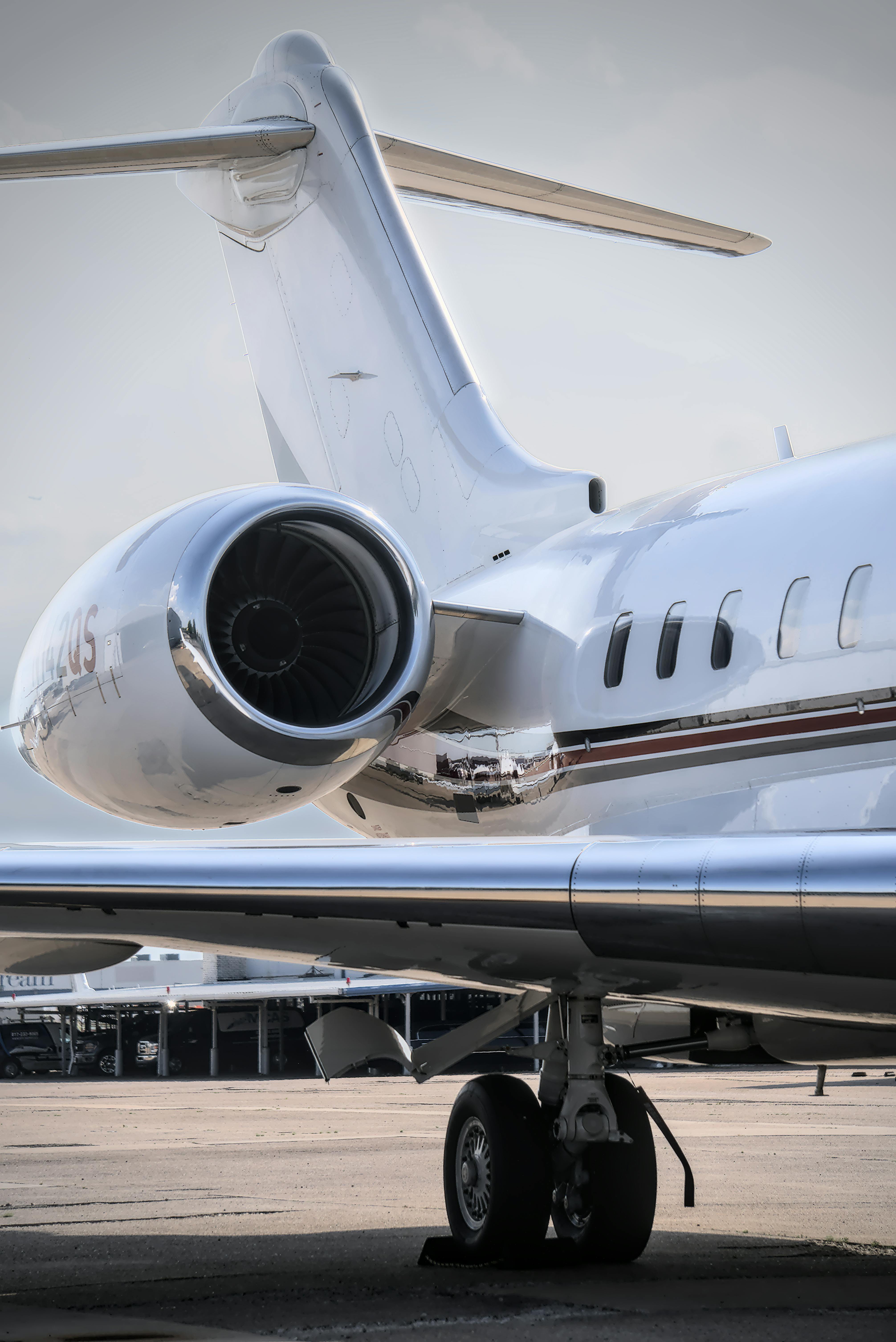The Benefits of Owning a Private Business Jet for Tax Benefits
In today's fast-paced business world, time is money, and efficiency is key. For many successful entrepreneurs and corporations, owning a private business jet has become more than just a luxury—it's a strategic financial decision. Beyond the obvious advantages of convenience and flexibility, private jet ownership can offer significant tax benefits that may surprise you. Let's explore how investing in a business aircraft can not only elevate your travel experience but also potentially improve your company's bottom line through various tax advantages.

How can a private jet maximize your tax savings?
One of the primary ways a private business jet can benefit your company financially is through tax deductions. The U.S. tax code allows businesses to deduct expenses related to the operation and maintenance of aircraft used for business purposes. This includes costs such as fuel, crew salaries, hangar fees, and insurance. Additionally, depreciation on the aircraft itself can be a substantial tax write-off. Under certain circumstances, businesses may be able to take advantage of bonus depreciation, allowing for a more significant upfront deduction in the first year of ownership.
What are the specific tax advantages of aircraft ownership?
When you invest in a business jet for tax advantages, you’re opening up several potential avenues for savings. One key benefit is the ability to deduct 100% of the aircraft’s cost in the year of purchase, thanks to bonus depreciation rules. This can result in a substantial reduction in taxable income for that year. Furthermore, ongoing expenses related to the jet’s operation can be deducted as ordinary business expenses, provided the aircraft is used primarily for business purposes. It’s important to note that personal use of the aircraft may limit some of these deductions, so careful record-keeping is essential.
Can a private jet unlock financial benefits beyond tax savings?
While tax savings are a significant draw, owning a private business jet can unlock financial benefits in other ways as well. By reducing travel time and increasing productivity, a private jet can lead to more efficient use of executive time. This efficiency can translate into more deals closed, better client relationships, and ultimately, increased revenue. Additionally, the ability to access remote locations or multiple destinations in a single day can open up new business opportunities that might not be feasible with commercial travel.
How does aircraft ownership impact business efficiency?
Owning a private business jet can dramatically improve your company’s operational efficiency. With the flexibility to set your own schedule and avoid the hassles of commercial airports, you and your team can make better use of travel time. In-flight meetings, uninterrupted work sessions, and the ability to reach multiple locations in a single day all contribute to increased productivity. This enhanced efficiency can lead to cost savings in other areas of your business, such as reduced hotel stays and fewer lost work hours due to travel delays.
What are the considerations for investing in a business jet?
While the potential tax benefits of owning a private business jet are attractive, it’s crucial to approach this investment carefully. The initial cost of purchasing an aircraft is substantial, and ongoing expenses can be significant. It’s essential to conduct a thorough cost-benefit analysis to determine if jet ownership aligns with your company’s financial goals and travel needs. Additionally, you’ll need to consider factors such as the type of aircraft that best suits your business, whether to opt for new or pre-owned, and how to structure the ownership to maximize tax benefits while complying with FAA regulations.
How do different private jet options compare financially?
When considering a private business jet for tax benefits, it’s important to compare different options to find the best fit for your company’s needs and budget. Here’s a comparison of some popular business jet models:
| Aircraft Model | Typical Price Range | Operating Cost per Hour | Passenger Capacity | Range (Nautical Miles) |
|---|---|---|---|---|
| Cessna Citation CJ4 | $9-11 million | $2,000-$2,500 | 10 | 2,165 |
| Embraer Phenom 300E | $9-10 million | $2,100-$2,600 | 11 | 2,010 |
| Gulfstream G280 | $24-26 million | $3,000-$3,500 | 10 | 3,600 |
| Bombardier Challenger 350 | $26-29 million | $3,500-$4,000 | 10 | 3,200 |
Prices, rates, or cost estimates mentioned in this article are based on the latest available information but may change over time. Independent research is advised before making financial decisions.
In conclusion, owning a private business jet can offer significant tax benefits and financial advantages for companies that can justify the investment. From maximizing tax savings through deductions and depreciation to unlocking new business opportunities and improving overall efficiency, a private jet can be a powerful tool in your business arsenal. However, it’s crucial to carefully weigh the costs against the potential benefits and consult with financial and tax professionals to ensure that aircraft ownership aligns with your company’s goals and financial strategy. By thoroughly understanding the tax implications and operational considerations, you can make an informed decision about whether investing in a private business jet is the right move for your company’s financial future.




